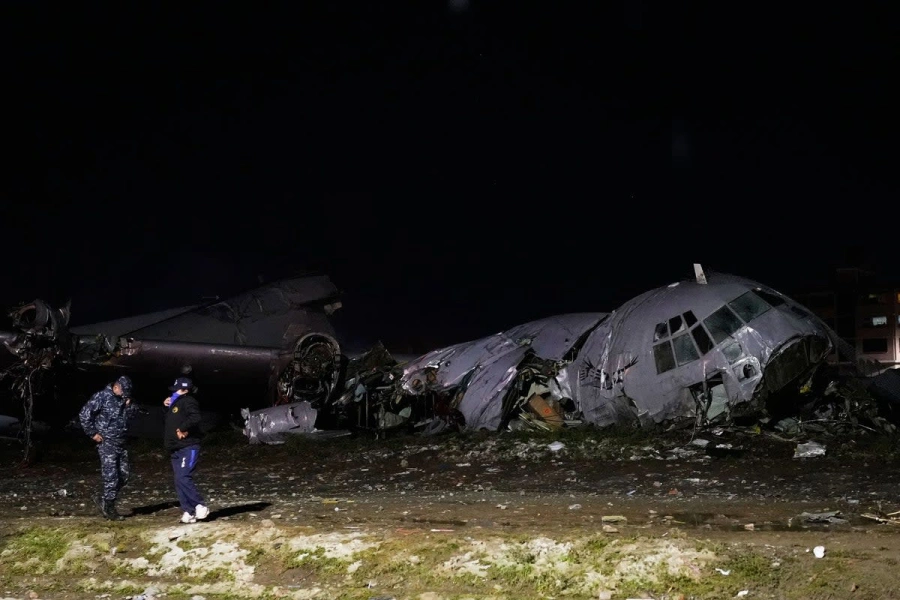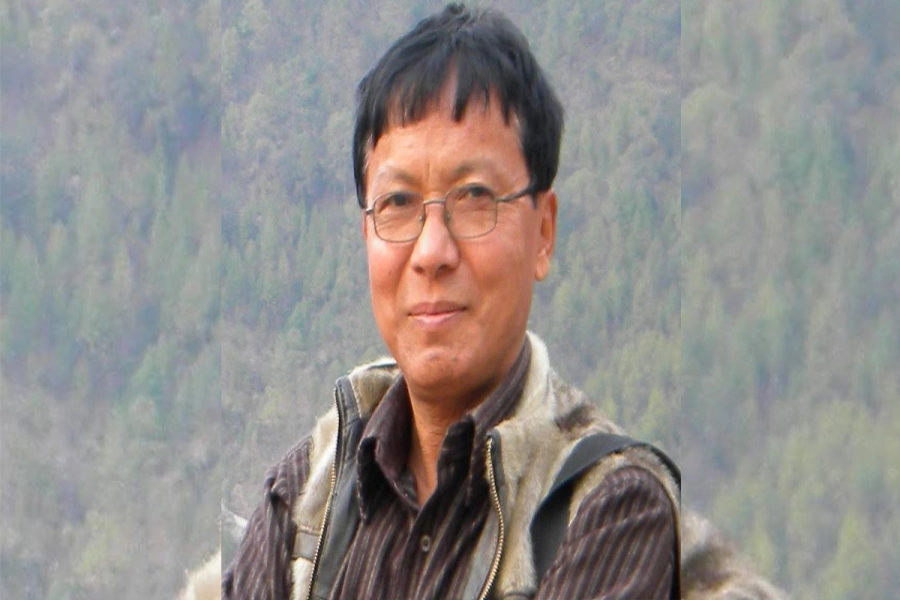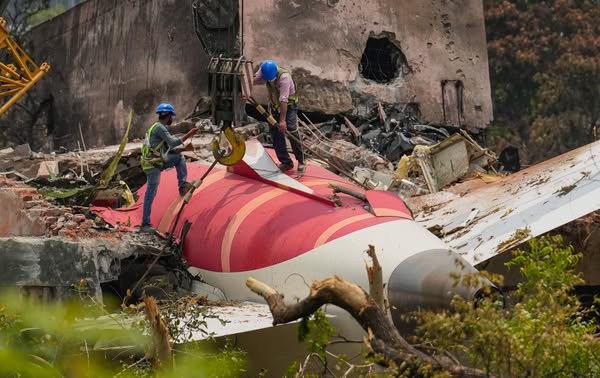With mere 63 seats in parliament which has 275 seats, the Nepali Congress party (23%) was not even fit for an opposition, forget heading the government. But the unfolding of political events and circumstances pushed Deuba to head a wobbling government that could easily fall apart with no reasons rather than holding together with a purpose.
Whoever coined this phrase must be a genius. Yes, Sher Bahadur Deuba has become a prime minister by default, rather than by design.
There is a controversial debate on leadership: is it nature or nurture? Are leaders made or born? There is also another theory on leadership that goes by the name of “Contingency Theory” which says that leaders are neither made nor born; they are contingent or product of a situation. As an example, Late Ganesh Man Singh is a product of Jana Andolan I as much as Late G P Koirala a product of Jana Andolan II. It is a problematic situation that gives birth to a leader. We seem to be living in a paradox: In other places, problems create leaders; here we have leaders creating problems. The recently-ousted Prime Minister Mister KP Oli fits very well with this description. Instead of solving problems, he had been busy constantly creating problems of one kind or other. There is another paradox in leadership: We have too many leaders but too little leadership.
The ascendance of Deuba as the Prime Minister of Nepal, for the fifth time, has been taken as an accidental or circumstantial event. Even his astrologist, who predicted him to be the prime minister of Nepal for the seventh occasion, must have been taken by surprise.
Japan premier warns US, Iran ‘accidental conflict’ possible

With mere 63 seats in parliament which has 275 seats, Nepali Congress Party (23%) was not even fit for an opposition, forget heading the government. But the unfolding of political events and circumstances pushed Deuba to head a wobbling government that could easily fall apart with no reasons rather than holding together with a purpose. If there was any one purpose for the formation of this government then it had to do with pulling the Oli government down.
When PM Oli dissolved the House in December last year and the opponents were out on to the streets, demonstrating against his unconstitutional move; wishy-washy Deuba was waiting for court verdict and preparing for elections. He was in no mood to take leadership, forget about leading. He was full of doubt and suspicion, trusting communists. He even took communist disputes as a ploy to ruin the Nepali Congress party.
Only after the second-time dissolution of the House in May this year, he could be seen as agile, that too, only after the President invalidated his application for prime minister under Article 76(5) and dissolved the House in the middle of the night. When the President first called for forming a coalition government, he kept busy twiddling his finger. He had to be goaded to lead a five-party alliance. Meetings after meetings held at his private residence at Budhanilkantha must have forced him to lead the alliance.
After being appointed the Prime Minister for the fifth occasion, no sign of jubilation and victory on his face further vouchs for a safe lack of zeal and enthusiasm to occupy the hot seat of power. Inside parliament, immediately after the Speaker announced that Deuba had secured the vote of confidence, there was no rush amongst his fellow MPs to felicitate him with tika, sindoor, garlands and khaadaas - a normal Nepali way of celebration. Instead, a glow of victory could be read on the faces of Prachanda, Madhav Kumar Nepal, Upendra Yadav, and Dr Babu Ram Bhattarai. Maybe he is aware of the piles of work to complete in a limited span of time. At most, he will be in power for the next 18 months or so. During that time, he has to tread a treacherous path, taking care of each step. At the one end, there is an uncooperative President with a swollen ego, at the other, a wounded Oli waiting for the opportune moment to strike back. Literally, he is between the devil and the deep blue sea. Before he starts writing anything fresh, he has to clear tonnes of mess left by the Oli government over the last three and a half years. The cleaning job itself will take ages.
A political commentator has commented that “during his four terms as prime minister (1995-97, 2001-02, 2004-05, and 2017-18), each ended more inglorious than the previous ones, indicating lack of imagination in him.” There is no point expecting too much from a caretaker government.
During “accidents”, the first priority becomes saving lives and salvaging property. Similar to this, the first job of an accidental prime minister will be to save lives (coronavirus) and property (corruption virus). People are already saying, “We do not expect anything good; he will be successful if he just does not deliver anything bad.” People are glad that, at least, some sense of normalcy has prevailed. To borrow the words from Dr Baburam Bhattarai’s speech inside parliament, “When we are debating about the half-empty half-full paradox of the constitution, we had Oli coming to empty even the half full.” With the restoration of the House and the appointment of the accidental prime minister, we have prevented the abnormalities. But we still have to wait for the normalities.







































